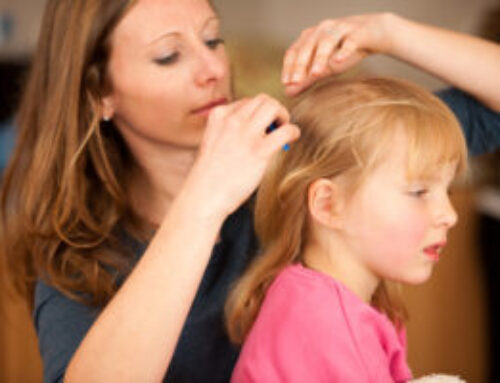It’s no secret that too much of a good thing is not a good thing.
Screen time is no different.
As screen time continues to rise in younger and younger children (on average, children ages 8-12 in the United States spend 4-6 hours a day), it is important to be aware of the risks.
 The Risks
The Risks
Whether you are concerned about sleep deprivation, anxiety, obesity, or even changes in the brain, it is true that screen time has been seen as a correlation to each of these risks.
Many people are aware of the blue light effect. According to a study by Morgen Henderson, “Exposure to artificial blue light suppresses the release of melatonin, the body’s sleep-inducing hormone. Too much exposure, especially before bedtime, interferes with a child’s circadian rhythms, which tells them when to wake and when to sleep.” There are obvious health risks when sleep is impacted that go beyond fatigue.
Whether your child is old enough to indulge in social media or not, anxiety is closely linked with screen time. The constant urge to check in on other people and be attached to what others are doing can become obsessive. Students can get irritable when access to their phones is limited or taken away. This stress can lead to anxiety and even depression.
Finally, more and more time on a tablet means less time being physically active. Obesity rates are increasing, and along with that, other health risks are attached. This is because not only are students spending fewer active hours, many people eat while in front of a screen. This means more calories but fewer active minutes, or even hours, in a day.
What Parents Can Do
If you are allowing your child screen time, be present. Watch a show with them. Discuss the content. Know what they are watching and how much of it. As tempting as it can be, do your best not to use it as a babysitter for your child.
Have your child power down at least an hour before bedtime to avoid the blue light effect. If possible, have them leave their device behind when they go to bed. Leaving the device on the kitchen counter rather than tempting them next to their bed can make a difference in how many hours of rest they get each night.
If your student is required to use devices for school-related assignments, make sure they spend time doing other things, too. Sign them up for a sport or extra-curricular activity. Take a walk with them. Get them to step away from their device and lead by example. Leave your own phone at home while you join them.
Obviously, technology can’t be avoided completely. Schools require devices, and it is a way of the world. No one is telling you to isolate your child from technology completely. This is simply a reminder that there are steps you can take in order to help your child disconnect and decrease the health risks at the same time.
Contact Beach Kids Pediatrics to schedule your appointment today! Visit us online or call us at (757) 806-8880





